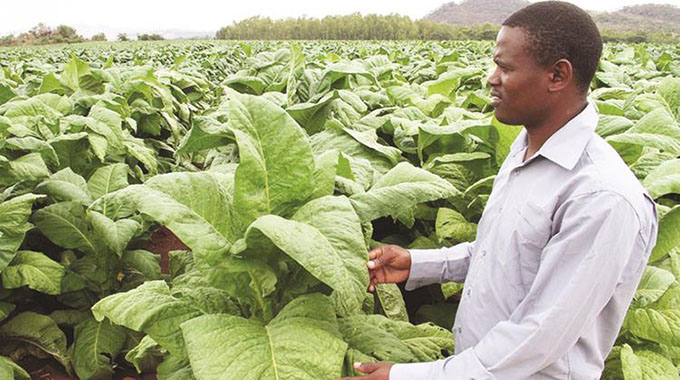Kashmir conflict requires peaceful resolution
Dr Bilal Shah Correspondent
The Kashmir territorial conflict in the Himayala region between India and Pakistan has dragged for decades now.
It started in 1947 and escalated into three wars between India and Pakistan and several other armed skirmishes.
Around 1949, India went to the United Nations Security Council and asked for a ceasefire and she accepted to a plebiscite of that region on whether the Kashmiri people wanted to go to Pakistan or India or they wanted to remain independent, but that has not materialised up to this day.
Currently, stakes are high in the region as Pakistan and India renewed their conflict over the disputed region.
At one point, China was also involved in the conflict in a third-party role.
Both India and Pakistan claim control over Kashmir.
Kashmiri protest movement escalated in 1989 to voice Kashmir’s dispute and grievances with Indian government in India controlled Kashmir valley by popular Kashmiri leaders which went into armed conflict with Indian Government-based on the demand for self determination.
In 2010, further unrest erupted in the Kashmir Valley after an alleged fake encounter between local youths and security forces.
Thousands of youths pelted security forces with rocks, burned government offices and attacked railway stations and official vehicles in steadily intensifying violence.
Further unrest in the region erupted after the 2019 Pulwama attack as a result of quest for freedom by the indigenous people.
In retaliation, India bombarded Pakistan territory on hills and forest. When Pakistan responded with precise targets, India air force sent many aircraft to fight and among them two aircraft shot down by Pakistan on May 26, 2019.
Two pilots were captured, one was Indian and the other one was Israeli. The Indian pilot was released back to India.
Now India has put curfew in the whole of Kashmir since August 5, 2019 which is generating human crisis in the form of food shortages, medicine and other facilities required for human survival.
The whole area is cut out from the outside world by blocking telecommunication facilities. This is a humanitarian crisis.
Kashmir is currently split between India and Pakistan, with both claiming jurisdiction over the region.
Since 1947, the people of Kashmir had not tested freedom of self-determination.
The most frightening and worrisome thing is that both countries involved in the conflict are nuclear powered, which means the tiff can escalate and destabilise not only the Kashmir region, but the entire world.
A peaceful and lasting settlement to conflict which had dragged for years should be found.
The Kashmir region is not the first and only region where a conflict had been witnessed, but in all other instances a peaceful resolution was found.
If you look at East Timor, South Sudan, Kosovo and South Africa and several African countries, armed wars had to be fought, but ultimately peace prevailed.
India and Pakistan should sit at the table with the help of the world and resolve this problem.
Like what was proposed before, the people of Kashmir should be given the right to decide on whether they want to join Pakistan or India or they want to remain independent.
Whatever decision that they make, it has to be respected because that will be their choice.
Both India and Pakistan should know that war is not a solution, but it just creates more problems to their countries and citizens of Kashmir.
The people of Kashmir are just victims of territorial terrorism fighting for justice.
If a peaceful resolution remains elusive, it will be prudent for all big nations, including the United Nations to intervene and settle the matter.
The problem in Kashmir can be aptly equated to economic terrorism in Zimbabwe by Western countries that have imposed sanctions.
As a result of the sanctions, there has been economic haemorrhage in Zimbabwe for the past 20 years, with the ordinary people struggling to put food on their tables, let alone planning for their future.
If Western countries have differences with the Harare administration, they should find other means of settling that, not imposing sanctions.
The sanctions must be lifted without any condition and that should be stopped.
Sadc, as a region, has called for the removal of the sanctions and the entire progressive world should support this noble call.
Dr Bilal Shah is a Harare-based political analyst.








Comments